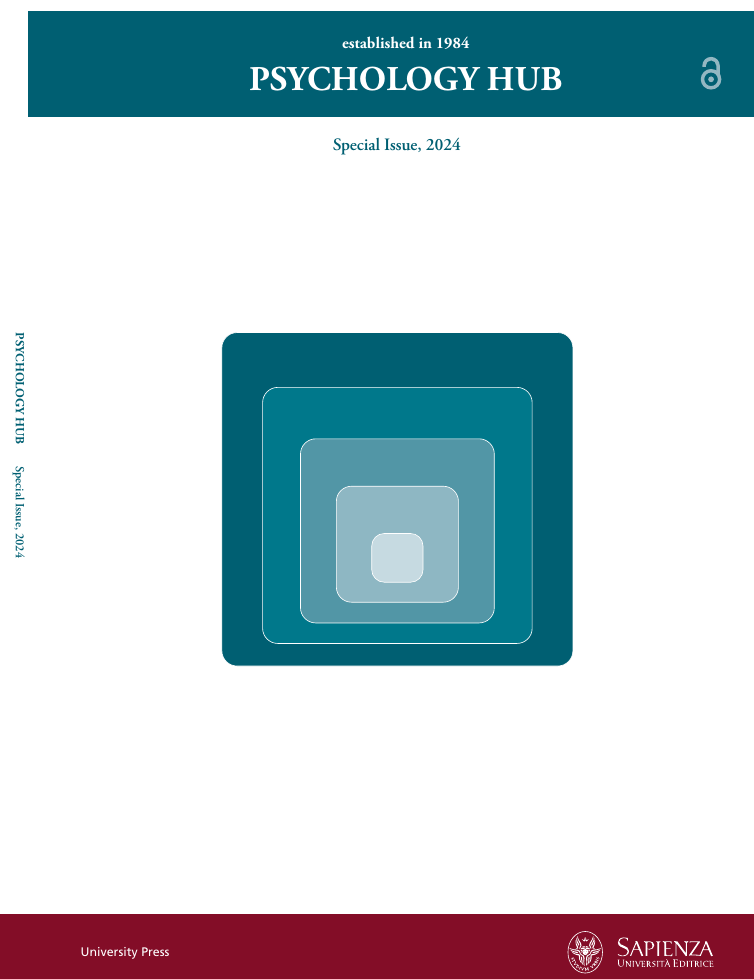Impact of Need for Cognitive Closure on Achievement Goals and Academic Performance: A Study in Upper Secondary Schools
DOI:
https://doi.org/10.13133/2724-2943/18376Keywords:
need for cognitive closure, achievement goals, academic performance, high school studentsAbstract
The present research investigated the relationships between Need for Cognitive Closure (NfCC), achievement goals and academic performance in a sample of secondary school students. The main aim of this study was to provide a scientific contribution to an area of research that is still largely unexplored, namely the role of NfCC in students’ school experiences. The results of this study showed that NfCC has a positive relationship with both performance-approach and performance-avoidance goals, although the relationship is stronger for the latter. Furthermore, a positive relationship emerged between NfCC and mastery-avoidance goals, whereas no significant relationship was found between NfCC and mastery-approach goals. These findings suggest that students driven by NfCC are more motivated to avoid academic failure than to pursue their educational goals actively. Interestingly, NfCC had a direct and indirect negative relationship with students’ academic performance through achievement goals in their avoidance dimensions. Similarly, NfCC was positively related to students’ academic performance through performance-approach goals. The results of this study require further investigation. However, this research provides important insights into the individual mechanisms underlying why students engage in school and defines NfCC as a potential factor in explaining students’ motivation and academic adjustment.
Additional Files
Published
How to Cite
Issue
Section
License
Copyright (c) 2024 Psychology Hub

This work is licensed under a Creative Commons Attribution-NonCommercial-ShareAlike 4.0 International License.





